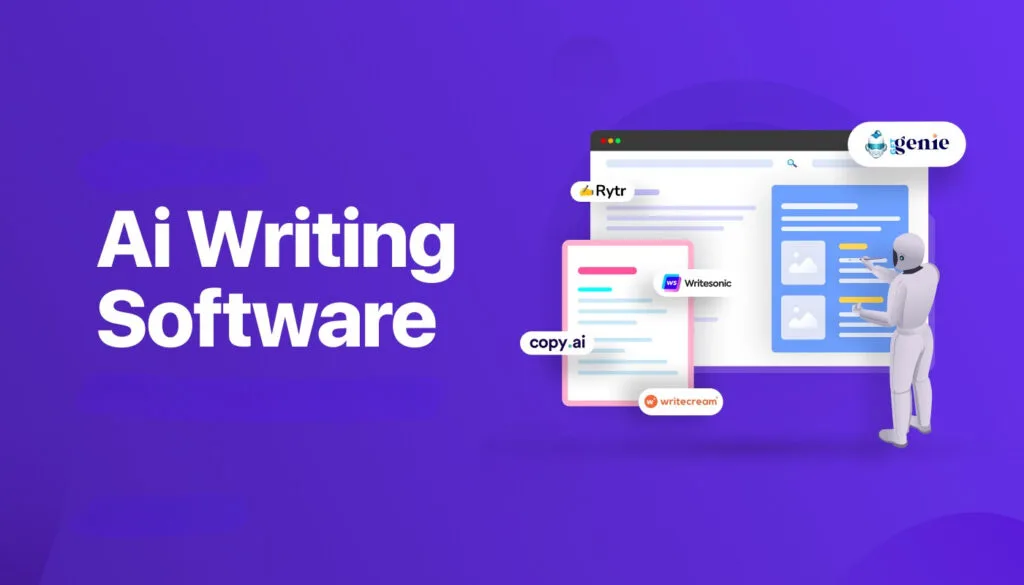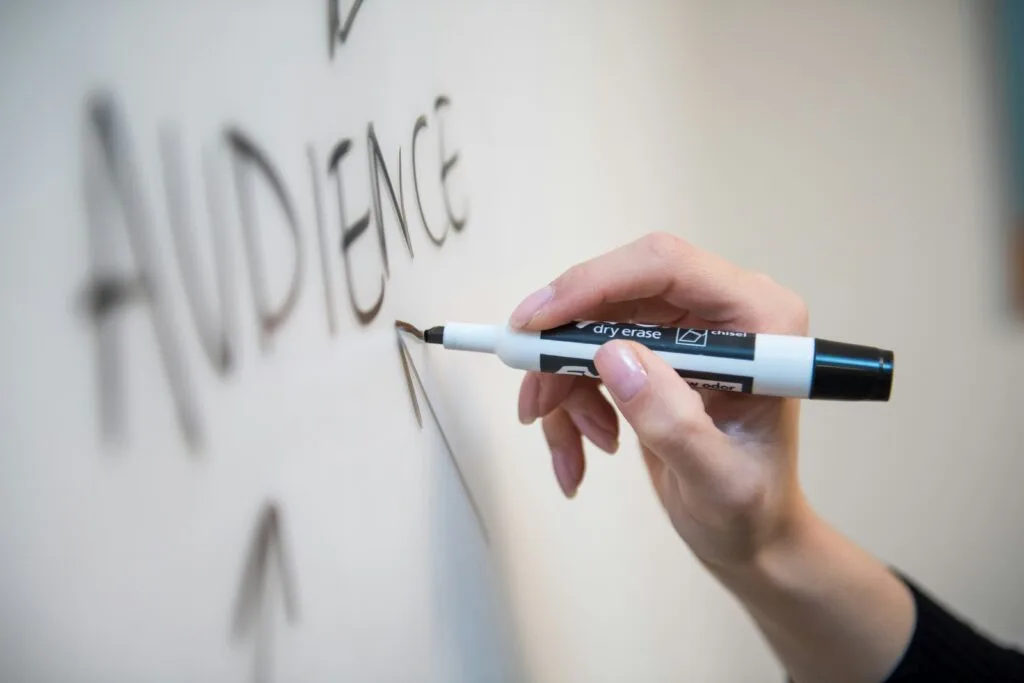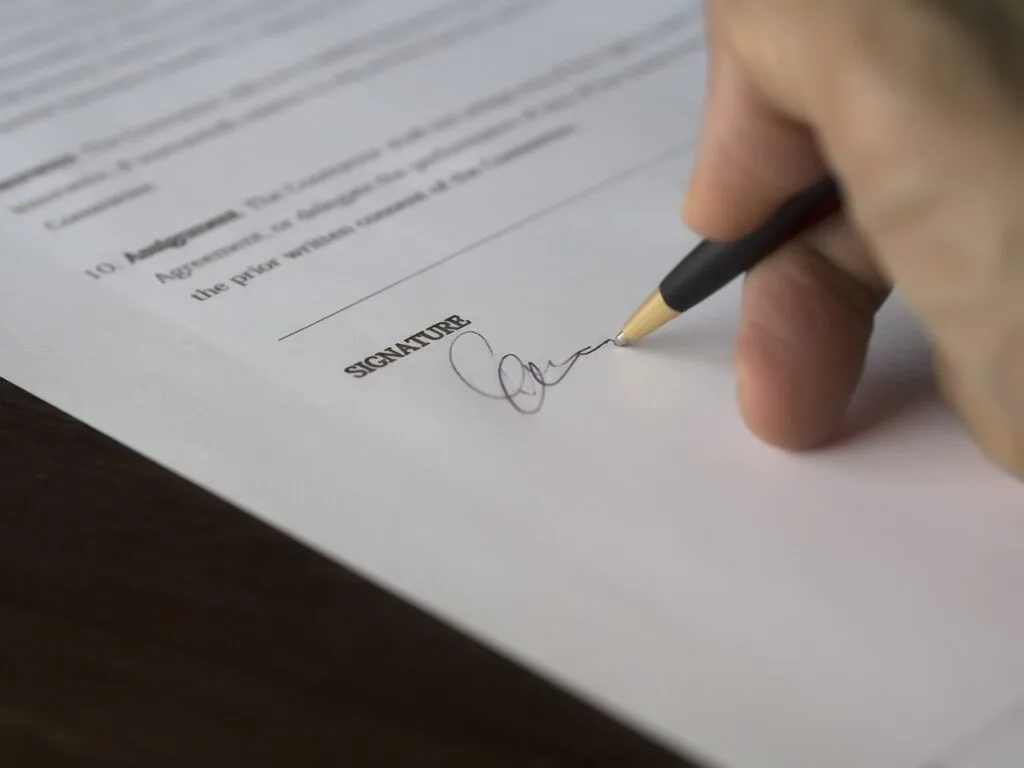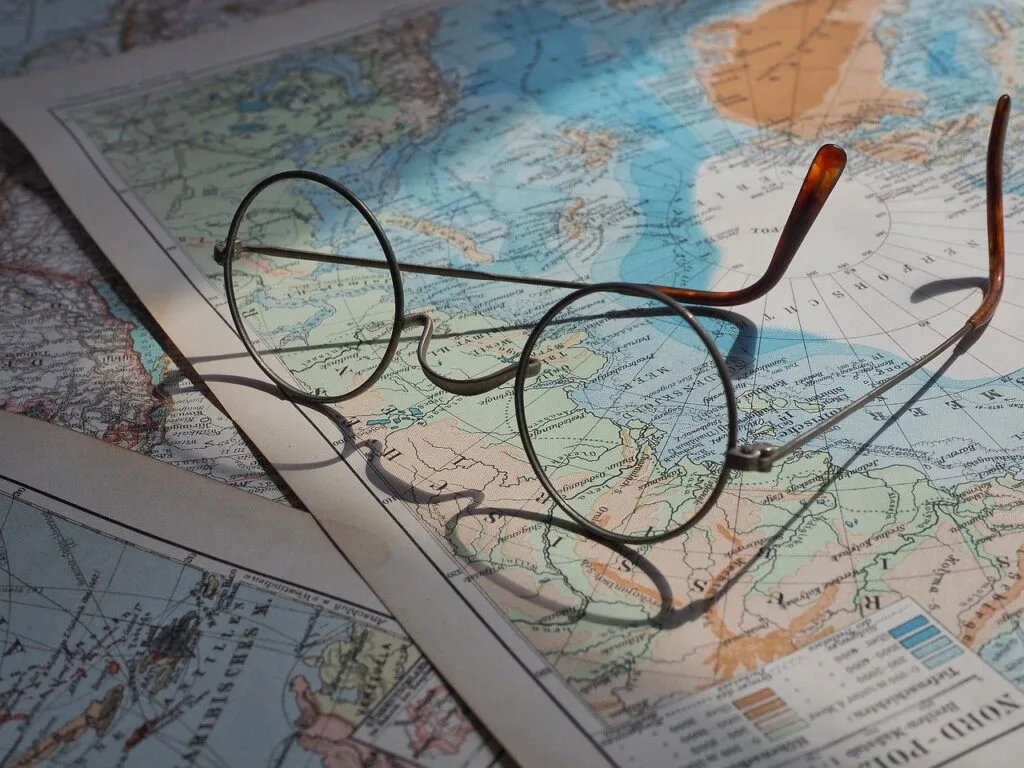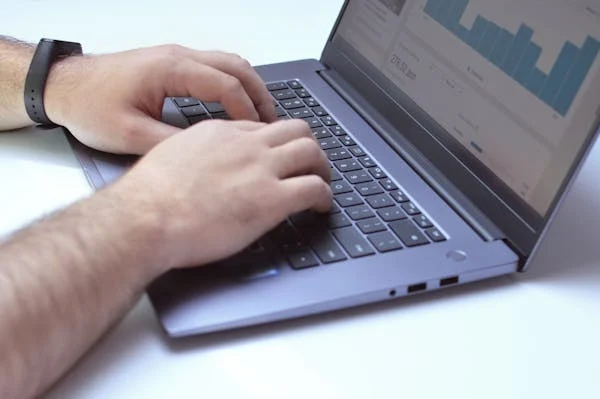What is Copyright?
Copyright also known as Author’s Right, is described as a legal term which means the right that creators have over their work that ranges from artistic to technical drawings.
Copyright protects the original works of authorship, more specifically the ‘’form of material expression’’.
Although copyright accounts as an intangible asset, it can only be protected if presented in tangible form i.e, by applying at the Copyrights Office of the concerned state.
Concerning the US, registration is not necessary but it can be protected by fixing them into tangibles that are perceptible either directly or with the help of any machine or device.
In this article, I will show you the importance of registering, procedure of registration, rights of the author, statutory advantages, and other relevant information which can be beneficial for filing for copyright towards your work or your start-ups.
Why is it Advisable to Register for Copyright?
It is generally advised by World Intellectual Property Organisation (WIPO) to register the works by Authors since it has its own perks like it comes with a certificate certifying the work to be original production of the author, and as an author you are entitled to receive royalty or any other form of remuneration at your own discretion of usage of your work by others.
Owner of the work is entitled to receive certificate onlyafter the copyright is duly filed with the Copyrights Office and is acknowledged by them, thus becoming effective. Any copyright registered before March 1989 i.e. before U.S.A. signed the Berne Convention and adopted its new policies must also have a copyright notice along with the published work.
Even though it is not required to have a copyright notice, it can be beneficial to the copyright holder. Copyright Notice notifies the others of the work along with other relevant details like year it was first published. Although these notices were necessary for works belonging before March 1989 it held importance.
Attaching notice to the work did not give defendant the defence of ‘innocent infringement’ – infringer being unaware that the work is copyrighted, in case of infringement.
In case of infringement, before a suit is filed it is necessary to have the work registered.
If registration is made within 3 months of publication of the work or prior to the infringement of work, then the author is entitled to seek all kinds of statutory damage and attorney’s fee in the court whereas if it is not registered then only an award of actual damage will be available. If the copyright is registered within 5 years of publication, it considered as prima facie in the court of law in case of infringement.
Once a copyright is registered with the office then it is also published on the U.S. Copyrights Office’s searchable database which then appears on the public record where people can see that it is a copyrighted work.
Not copyrighting your work can have grave consequences for your business.
Why Copyright is Important for Businesses?
Some business houses develop some indispensable software, websites, they may publish photographs or graphics for various purposes these if not copyrighted can result in huge losses to these upcoming or well established firms. Though we know that as soon as you create a work it gets copyright protection as per U.S. copyright law, but the protection is limited in this case.
For complete protection of these works it is advisable to register your work, since it always adds up an extra edge to the overall protection of the work by entitling you as the author with various statutory rights and other benefits.
If it is vital to your business and you are concerned about protection of these intangibles, you should register the copyright since it will give you extra legal protection and damages recovered will be higher in such cases.
If you are planning to expand your business internationally, you will want to register your copyright.
The U.S. is the signatory of international treaties of WIPO – Berne Convention of 1989 and WIPO Copyright Treaty which states that any work that is protected by U.S. copyright law will be automatically entitled to same kind of protection in other countries that are signatories of this convention and treaties.
But as stated earlier only registered copyright will be eligible to receive damage in full. Thus registration can prove to be beneficial to the business houses to obtain legal protection.
What can be Copyrighted?
Copyright is a form of intellectual property protection that protects the work from being exploited and gives due recognition to the owner or author of the work for its creation and then it is introduced in the public domain so the public can also use the works at the owner’s discretion.
It is protected by giving it a form of material expression like:
- Story written on paper
- Music produced and recorded
- Painting produced or restored on canvas
- Aired recordings for television
- Public display of movies in theatres.
Thus, to protect the intangible work it is important to bring them into a material form.
Items that can be copyrighted
Copyrightable works include
- Literary works
- Musical works, including any accompanying words
- Dramatic works, including any accompanying music
- Pantomimes and choreographic works
- Pictorial, graphic, and sculptural works
- Motion pictures and other audio visual works
- Results from fixation of a series of musical, spoken or other sounds, comes under sound recordings
- Architectural works
These categories should be viewed broadly for the aim of registering your work. For instance, computer programs and certain “compilations” as mentioned by the authors in relation to their work are often registered as “literary works”; technical drawings and maps are also registered as “pictorial, graphic, and sculptural works.”
However, generally the works that were registered and published before 1978 required an appropriate copyright notice expressing the name of the author, first publishing date and some simple details about the work.
From when will Registration be Effective?
The copyright registration becomes affective from the day the Copyrights Office receives all of the three essential material required for registration. you need not have to wait to receive the copyright certificate to start publishing the work or licencing it.
If the application was made online you will, at the earliest, receive the acknowledgement from the office through your registered mail and once you receive the mail you can search for the record of your work that is published as a record on the searchable database page on the Copyrights Office website.
How to Register Copyright?
An application for registering a copyright contains three important elements without any one of these the registration will not be done:
- A complete application form
- A non-refundable filing fee
- A nonreturnable deposit – i.e. copy or copies of work being deposited in the Library of Congress.
Your claim will not be reviewed be the office until it receives all the three elements as per the regulations under the act. The basic facts are established in the claim: title, author’s name, address of the claimant registration date, and type of work. It is important to give accurate and full record of the work, it might provide chances for potential licensees and decrease the cost of litigation.
- Online Registration
It is strongly recommended by the Copyright Office to encourage online application for registration of copyright for various works as per their classification under the law.
There are also options for registering a single work or multiple works according of the forms shown in the picture.
Online registration has many benefits one of which is lower filing fees, status tracking, faster examination, convenient payment option and online uploading copy of work.
The three essentials of applying online are-
- complete online application;
- submit filing fee by online payment methods;
- upload an electronic copy of your work or deposit a physical copy of work through post to the Office directly which can be done on the below provided postal address:
Library of Congress
Copyright Office
101 Independence Avenue, S.E.
Washington, D.C. 20559-6000
You will need to establish a user ID and password by providing your relevant information to begin with filing the application. This will help you to save drafts or complete applications or review them at your own convenience.
To begin with registering your work you need to choose between the categories your work falls in. Thus every detail must be filed in before proceeding to pay the fee.
After completion of application and payment of fee you can either upload an e-copy of your work or can send a physical copy through mail.
However, if your work is published in physical format then it must be deposited in physical form even if an electronic version applies.
To submit a physical copy of your work after completing an online application, print a shipping slip from the “Submit Your Work” screen and send the shipping slip and deposit copy in the same package to the address on the shipping slip.
- Offline Registration (Paper Application)
Although it’s recommended that you file an application online, but in case you are not able to do so you can also register your work by filling an editable PDF form or by printing the form and filling it up only in blue or black ink, available on the official website where different forms representing different kind of works are available.
Once the forms are filled you have to you will have to mail it along with filing fee and deposit copy all in single package. On the address provided at the back of final page of application.
The package sent to the Copyrights Office should not weight more than twenty pounds.
- Deposit Copy
Deposit copy accompanies every application that is sent to Office either online or offline.
These copies are just a duplicate of the published or unpublished version of the work that is nonreturnable and is sent to Library of Congress as a record of the works copyrighted or as collection and becomes a public record.
The Office uses Deposit to examine the claim made by author and maintain a public record. This also applies to the work that are available in digital, physical, or works published in and outside U.S.
- Filing fee
A non-refundable fee is charged by The Copyright Offfice for each application. The fee structure for payment on various works differ and keep changing from time to time. payment of fee is very important since lacking on payment may lead to cancellation of registration. The final fee structure as of March 2020 can be found here.
- Works registered before January 1, 1978
While registering work that is published in U.S. before January 1, 1978 must file for renewal of copyright under circular 6A.
- Works registered after January 1, 1978
Works that are published in U.S. after January 1, 1978 and are up for registration may be subject to ‘best edition’ and ‘mandatory deposit’; if these are required for registration then you need to submit two copies that are the best edition of your work.
Best edition
The Copyright Act states that the copy deposited of the work by the author must consist of two sets, let it be copies or phonorecords of the best edition of the work.
The best edition will be the best edition of the work published in the U.S. before the date of deposit, and will be determined by the Library of Congress to be the best and suitable one for public records.
The criteria for determining the best edition by the Library is mentioned in detail in the circular 7B.
If you have first published your work outside the U.S. then you can either submit the first edition or the best edition.
Also if the publication of your work does not match the format of best edition stated in the circular 7B then you can submit copy of the existing publication, i.e. you need not create a new publication to match the format of the best edition.
However, if there are two or more publications of your work differing and may have copyrightable differences between each other then you need to file separately for both the editions separately along with separate application form and filing fee .
Mandatory Deposit
The Library of congress enjoys a prime right given to it by the Copyright’s Act that is, it can demand any work published in the U.S. for its collection or use, this is termed as ‘mandatory deposit’. You need to submit two copies of your work when the application for registration demands a mandatory deposit. If your work falls in the following categories:
- Individually published lectures, sermons, speeches, and addresses;
- Jewellery;
- Limited edition visual arts work;
- Literary, dramatic, and musical works published only in phonorecords;
- Models, plans, or designs;
- Works that are distributed only online;
- Advertising material and catalogues;
- Architectural works;
- Motion pictures and motion picture soundtracks;
- Musical compositions published by rental, lease, or lending;
- Multimedia kits;
- Packaging materials;
- Plaques;
- Scientific or technical diagrams;
- Serials;
- Sound recordings; and some other
Then you may consult Mandatory Deposit of Copies or Phonorecords for The Library of Congress i.e, circular 7D.
Effective date of registration of Copyright
When the Copyright Office registers a piece it assigns an efficient date of registration to the certificate of registration.
The effective date of registration is that the day that the Office receives in proper form all required elements—an acceptable application, a suitable deposit, and a non-refundable filing fee. The effective date of registration isn’t set until all the specified elements are within the Office’s possession.
If the Office receives an unacceptable deposit, an insufficient fee, or an incomplete material, the effective date of registration is going to be assail the date that the Office receives all the specified materials in acceptable form.
The effective date of registration isn’t supported how long it takes the Office to look at the materials or mail the certificate.
You generally do not need a certificate to publish or produce your work. Nor do you need the permission from the Office to place a copyright notice on your work, though it is not required, if the work is published outside U.S.
However, in case of U.S. works, the Office must refuse or approve your application before an infringement suit is filed, since it might give additional rights to recover your statutory damage and attorney’s fee.
The law however provides a grace period of three months after publication, during this period full remedies can be recovered for any infringement.
Rights of The Author of Copyright
Copyrighting your work gives you as the author, right to decide by whom, how and under what conditions your work can be used by public. Copyright provides the owner of copyright with some exclusive rights over the work as mentioned below:
- Reproduce the work in copies or phonorecords.
- Prepare derivative works based upon the work.
- Distribute copies or phonorecords of the work to the general public by sale or other transfer of ownership or by rental, lease, or lending or by giving the person a license to use the work.
- Public performance if it’s a literary, musical, dramatic, or choreographic work; a pantomime; or a movie or other audiovisual work.
- Public display if it’s a literary, musical, dramatic, or choreographic work; a pantomime; or a pictorial, graphic, or sculptural work.
- This right also applies to the individual images of a movie or other audiovisual work.
- Perform the work publicly by means of a digital audio transmission if the work may be an audio recording
Copyright also provides the owner of copyright the proper to authorize others to exercise these exclusive rights, subject to certain statutory limitations. Author’s right is generally protected internationally by the Berne Convention for the Protection of Literary and Artistic Works and other handful treaties, made by the WIPO along with its member countries.
What is not covered under Copyright?
To be copyrightable, a work must qualify as an original work of the authorship and must be presented in the tangible form that is it must be completely based on the claim made by you on the application under the copyright law.
Sometimes some work may either lack creativity or may be beyond the jurisdiction of the concerned law. Copyright does not protect:
- Ideas, processes, methods, principles, procedures, concepts,systemsor discoveries
- Works that are not fixed in a tangible form i.e. forms of work like choreography cannot be brought onto paper since it cannot be described
- Titles, short phrases, names, and slogans
- Regularly used symbols or designs which are not protected by copyright
- Simple variations of typographic ornamentation, lettering, or colouring in the provided work presented
- Mere lists of ingredients or contents present in the work.
For more information, see Works Not Protected by Copyright (CIRCULAR 33)
How long does the Copyright Last?
In general, for works created on or after January 1, 1978, the term of copyright is the life of the author plus seventy years after the author’s death.
If the work is a joint work with multiple authors, the term lasts for seventy years after the last surviving author’s death. For works made for hire and anonymous or pseudonymous works, the duration of copyright is 95 years from publication or 120 years from creation, whichever is shorter.
Wrapping it Up
Copyright is a very important facet that all businesses encounter on a daily basis. Whether it is the content that your business puts out or a software innovation – all of these can be protected by copyright. And therefore although it is not compulsory to register your copyright, it is advisable to do so.
If you have any questions, leave them in the comments and if you like this article, do give it a share.
- How You Can Choose a Revenue Model for Your Business
- Essentials to Keep in Mind When Drafting Your Patent (According to Experts)
Author Bio: Pratibha Jha is a BBA, LLB student at IFIM Law School, Bangalore and an intern at WinSavvy. Connect with her on LinkedIn.





